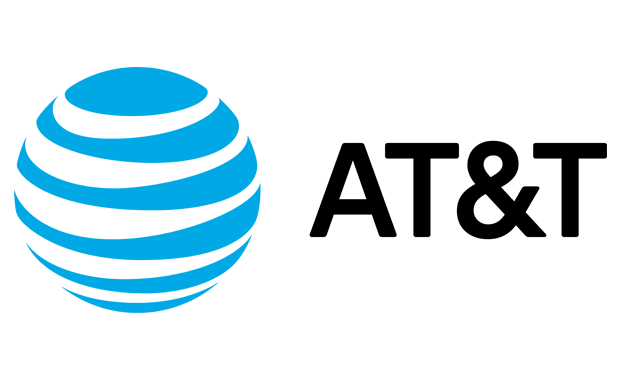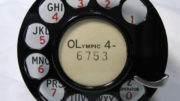There was a time when all phone calls outside of the home were prepaid. Put your dime in the slot (boy am I dating myself here) and THEN you could make a call. But of course that was two generations ago and I challenge anyone to even find a payphone today. They’re not even found in airports anymore.
Yeah, you don’t need me to tell you that everyone has a cell phone now and that everyone has had a cell phone for about 20 years give or take. But the way we use those cell phones and the way we deal with our cellular carriers has changed massively.
In the beginning, we paid by the minute. In some cases, there were yearly contracts, and in some markets they weren’t necessary since you couldn’t take your phone anywhere else and you paid for it upfront.
However, by the late 1990s it was common to offer heavily discounted phones to get new customers. This meant locking people into one and two year contracts to help the carriers make up for those extra costs. Even though by 2000 no one needed to be convinced to get a cell phone, the practice continued for over a decade. It wasn’t until about five years ago that cell carriers started offering “no-contract” plans as a standard feature. The fact was, people wanted to upgrade their phones or plans more than every two years.
In the meantime, per-minute pricing went away for most people and eventually, pretty much everyone got on a plan with unlimited talk and text and data that was really unlimited, just got a lot slower if you went over your allowance.
And then, there were pre-paid phones. These were the cheap phones you bought at the convenience store and paid for by replenishing their “minutes” as you went. This wasn’t a great deal for someone who wanted to stream video or use the internet a lot. These phones, which a lot of people called “burners,” were just for those unfortunate folks who couldn’t pass a credit check or didn’t want anyone to know their “real” phone number.
About two years ago, the world of pre-paid phones began to change. You started seeing fairly high-quality phones — usually last-generation iPhones and Androids — showing up. The old way of buying minutes as you go was still there, but you could also get on a monthly plan that was quite a bit lower than the “regular” ones. It’s gotten very hard to figure out the difference between “pre-paid” and “post-paid” (regular) cell plans, except the pre-paid ones are usually cheaper.
It’s led a lot of people to rethink the whole business of prepaid phones. If you’re going to change phones a lot, it makes sense. Pay up front for a new phone, sell the old one on eBay or whatever. Pay as you go. Internet speeds are just as fast, prices are lower.
My only question is, why would a company like AT&T want this?
Because, I’m thinking AT&T is making a lot of money the way things are, right? So why would they introduce an alternative that costs less and potentially takes money out of their pocket? The best I can figure is that they finally realize that different people have different needs, but that no one is “the bad guy.” If you have great credit and pass the credit checks, go ahead and get a traditional cell phone plan. Finance your phone over two years and you can even change phones in the middle. But if your credit isn’t perfect (and everyone makes mistakes) you don’t have to be without a decent phone or a decent data plan.
Personally I think the growth in pre-paid options is really awesome and I am always glad to have a new set of AT&T products to recommend!





